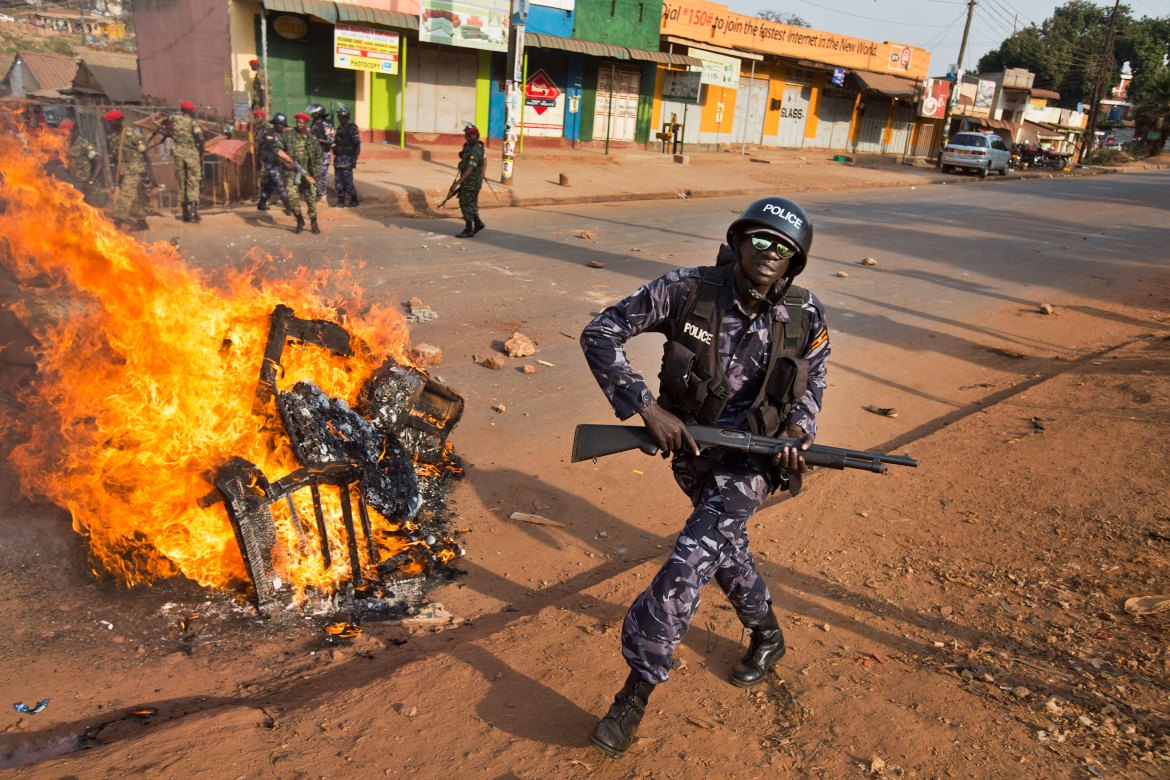The European Union has joined a growing number of concerned international organizations calling for a probe into the recently concluded Ugandan election over reports of rights abuses and violence.
EU Council of Ministers had in a statement submitted that opposition candidates were harassed by security forces, the media was suppressed by the government, and observers’ offices were raided hampering the work of those expected to report on the polling results and scrutinize them.
The EU, however, called on all parties to refrain from violence and for election challenges and complaints to be addressed in an independent and transparent manner.
Read Also: Apple Inc. Upturns European Union’s €13b Tax Ticket
Uganda’s longtime ruler President Yoweri Museveni was declared the winner for a record sixth term, amid an internet blackout and allegations of abuse.
Opposition leader, Bobi Wine, a singer-turned-politician, whose real name is Robert Kyagulanyi has been under house arrest after the military surrounded his home on Friday. He maintains the election was rigged.
Human rights groups, Amnesty International spoke out against Wine’s detention and the political climate in the country as President Museveni embarked on an election victory tour of the country Thursday.
The group maintained that Bobi Wine’s continued confinement is politically motivated and a violation of their human rights. They say it must be lifted immediately and without any conditions.
AFRICA TODAY NEWS, NEW YORK
